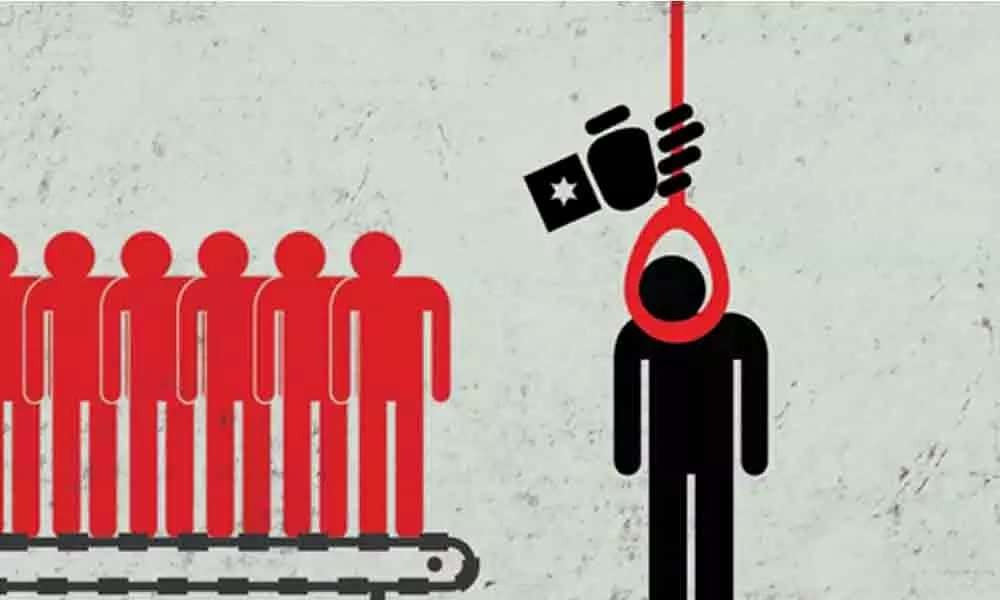CRITICAL ANALYSIS ON DEATH PENALTY
AUTHOR – ANJALI KUMARI, Student of TEERHANKER MAHAVEER UNIVERSITY, College of Law and Legal Studies, Moradabad
Best Citation – ANJALI KUMARI, CRITICAL ANALYSIS ON DEATH PENALTY, LEX IS US LAW JOURNAL, 2 (1) of 2023, Pg. 74-77, ISBN – 978-81-960384-0-3
.Abstract
Death penalty is the harsh and cruel punishment among all the punishments given to the criminals at the time of giving judgments of any case or suit. Eternally, people are carried out and condemned to death by the judicial authorities for different kinds of crimes. In times it is for those offences which do not fall under criminal offences. Another formal name of death penalty is judicial homicide. The crimes because of which the punishment of death is given are considered as capital crimes or capital offences. Usually these offences are heinous in nature but sometimes this also varies depending upon the jurisdiction. The most common crimes falls under the capital punishment are: – crimes against person, rape, sedition, child sexual abuse, kidnapping, crimes against state, crimes against aircrafts, crimes related to drugs, piracy, etc. According to some reports or data by the government, some countries retained death punishment from their nation whether some are still following this. But, majority of the countries has been abolished death punishment. It is also a matter of controversy in some nations and states because of religious, cultural and political thoughts. The eradication of death penalty is increasing on global level. It is also abolishing the fundamental right i.e., right to life which is provided by the Constitution of India. The Human Rights Committee and other organizations are also taking initials towards the abolishment of this capital punishment. While, some are in favor of continuation of death penalty as it is considered that death penalty deters the happening of cruel or heinous crimes.
